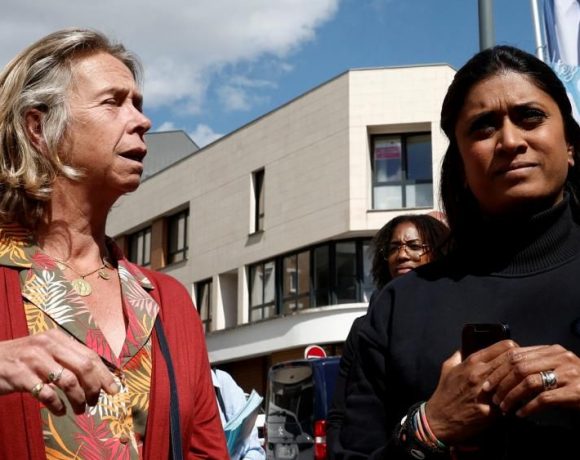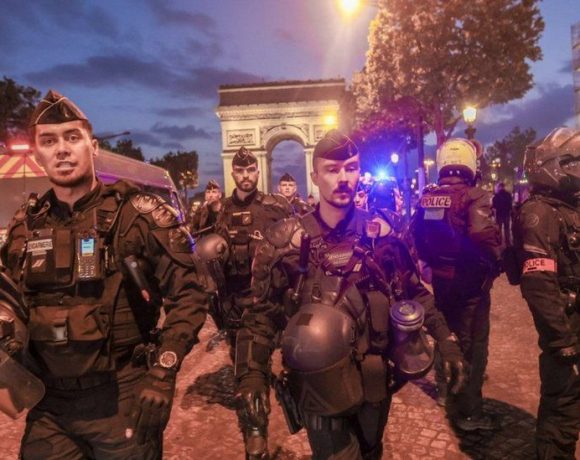
Interior Minister Gérald Darmanin announced that over 50 candidates and activists in France have been physically attacked ahead of the final round of parliamentary elections. The recent assault on government spokeswoman Prisca Thevenot, her deputy Virginie Lanlo, and a party activist in Meudon highlighted the violence. Thevenot, injured in the attack, returned with Prime Minister Gabriel Attal, who condemned the violence.
Darmanin attributed the attacks to a tense political climate, with more than 30 arrests made. The attackers varied from spontaneously angry individuals to ultra-left, ultra-right, and other political groups. Despite National Rally (RN) leading the polls, 217 candidates have withdrawn from local races to prevent RN from winning an outright majority.
Prime Minister Attal urged the public to reject the violence, while RN leader Jordan Bardella emphasized his commitment to combating insecurity. In response to the unrest, Darmanin announced the deployment of 30,000 police for Sunday’s vote. RN candidates have also faced attacks, including Marie Dauchy and Nicolas Conquer.
Despite opposition efforts to block RN, Marine Le Pen remains optimistic about securing an absolute majority. The latest Ifop poll suggests RN will win 210-240 seats, short of the 289 needed for a majority. RN’s policies include prioritizing French citizens over immigrants for jobs and housing and restricting citizenship rights. Prosecutors are investigating a “patriotic network” targeting lawyers who opposed RN.
Football captain Kylian Mbappé urged voters to make the right choice, warning against putting the country in the hands of the far-right.
Picture Courtesy: Google/images are subject to copyright

